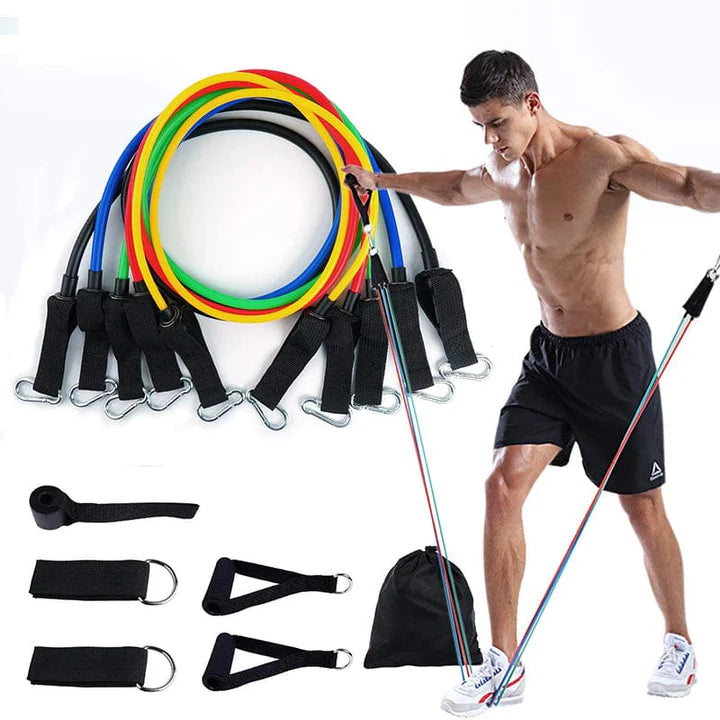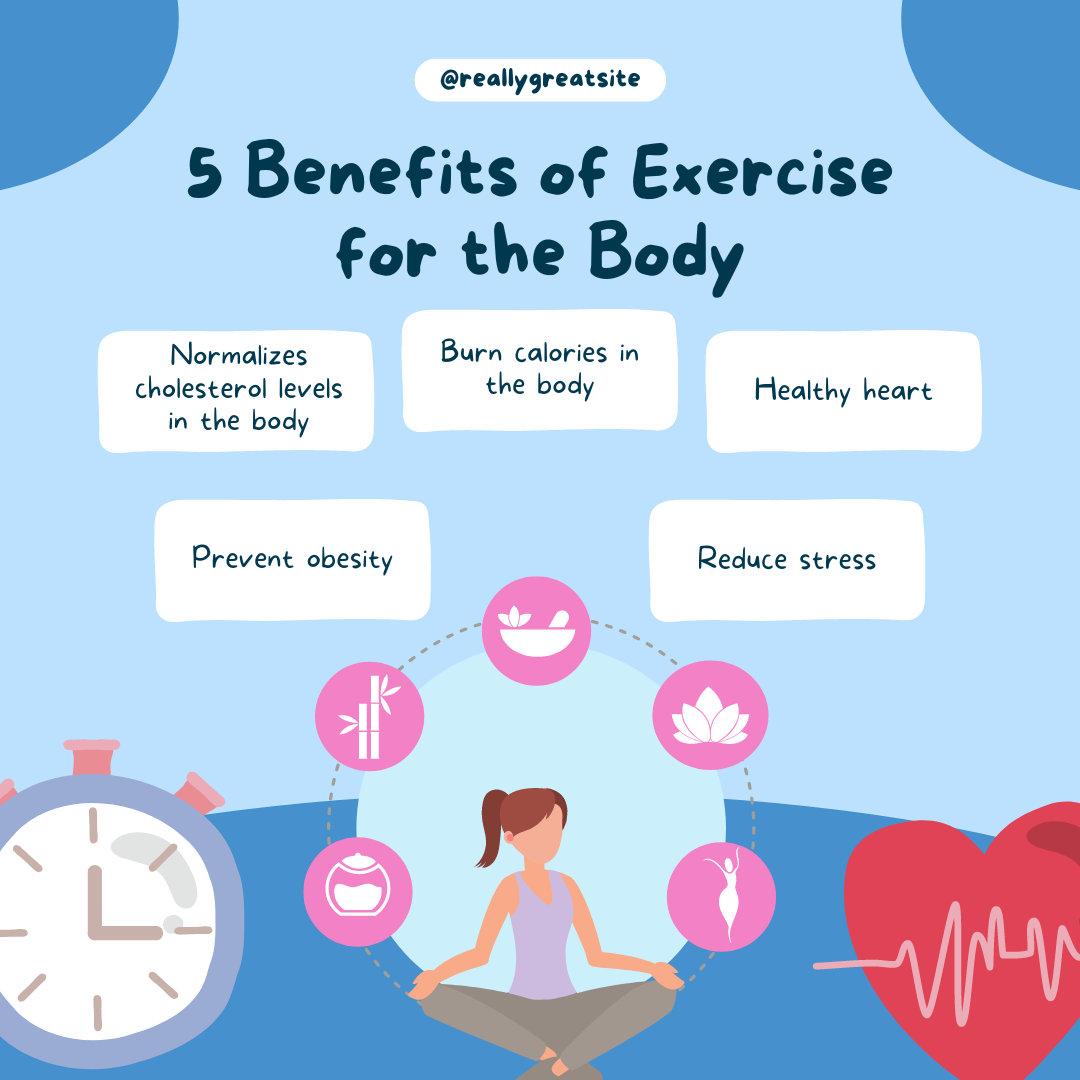Are fitness trackers accurate for calories burned?
In the age of technology, fitness trackers have become an essential accessory for many health enthusiasts. These sleek devices promise to help you stay on top of your fitness goals by monitoring everything from steps taken to calories burned. But how accurate are they really when it comes to measuring those precious calories? With so many options available, it's easy to get caught up in the hype. Whether you're just starting your fitness journey or looking for ways to optimize your routine, understanding the true capabilities of these gadgets is crucial. Let’s dive into how fitness trackers work and unravel the debate surrounding their accuracy in tracking calorie burn!
How do fitness trackers track calorie burn?
Fitness trackers use a combination of sensors and algorithms to estimate calories burned throughout the day. At their core, these devices rely on accelerometers to detect movement. By measuring your activity levels—like walking, running, or even sleeping—they can gauge how much energy you're expending.
Heart rate monitors play a crucial role as well. Many fitness trackers include optical sensors that measure blood flow through your skin. This data helps determine how hard your heart is working during various activities.
To calculate calorie expenditure more accurately, most trackers also consider user-provided information like age, weight, height, and gender. These personal metrics help tailor estimates specifically for you.
While the technology may sound sophisticated, it’s important to remember that these calculations are still approximations based on averages rather than precise measurements.
The debate over the accuracy of fitness trackers in tracking calorie burn
The accuracy of fitness trackers in measuring calorie burn is a hot topic. Users are often eager to trust these devices, believing they provide precise data on their workouts. However, experts urge caution.
Research shows that many fitness trackers can overestimate or underestimate calories burned by significant margins. Variations arise from different algorithms used across brands and models. These discrepancies can lead users to make misguided decisions about their health and exercise routines.
Moreover, individual factors like metabolism and body composition affect the readings too. Two people performing the same activity may receive vastly different estimates based solely on personal attributes.
This ongoing debate raises important questions for anyone seeking reliable data on their fitness journey. How much confidence should we place in these gadgets? As technology evolves, so does our understanding of what it means to accurately track our efforts.
Factors that can affect the accuracy of fitness trackers
Several factors can influence how accurately fitness trackers measure calorie burn. One key element is the device's heart rate monitor. If it’s not calibrated correctly or positioned improperly on your wrist, readings may be off.
Another consideration is personal physiology. Different body types, ages, and metabolic rates can affect how calories are burned during various activities.
Environmental conditions also play a role. For instance, temperature and humidity levels can impact performance and caloric expenditure.
Additionally, the type of exercise you perform matters significantly. High-intensity workouts might yield different results than steady-state cardio due to varying heart rates and energy demands.
Lastly, user input data—like weight and height—needs to be accurate for precise calculations. Even small errors in these inputs can lead to significant discrepancies in calorie tracking outcomes.
Tips for getting more accurate readings from your fitness tracker
For better accuracy with your fitness tracker, start by ensuring it fits properly. A snug fit on your wrist can significantly improve heart rate readings.
Next, calibrate your device regularly. Many trackers allow you to input personal details like age and weight. Keeping this information up-to-date helps refine calorie calculations.
Consider the type of activity you're doing. Some trackers perform best during steady-state exercises like walking or running rather than high-intensity workouts where movements are more erratic.
Stay mindful of your hydration levels too. Dehydration can affect physical performance and may skew data if not accurately measured.
Lastly, sync your tracker consistently with its app for optimal functionality and updates. This ensures any software improvements or bug fixes enhance performance over time.
Alternative methods for tracking calorie burn
If fitness trackers aren’t your thing, there are plenty of other ways to monitor calorie burn. One popular method is using a heart rate monitor. These devices provide real-time data based on your heart rate during various activities, helping you gauge intensity.
Another option is the traditional approach—keeping a food and exercise journal. By noting down everything you eat and how much you move, you can estimate your daily caloric expenditure more accurately over time.
Smartphone apps also come in handy. Many allow users to log workouts or meals while calculating calories burned automatically based on activity type and duration.
Lastly, consider working with a fitness professional who can tailor an exercise plan specifically for your needs. They may use metabolic testing to give precise insights into calorie burn during different activities. Each alternative provides unique insights without relying solely on wearable technology.
Conclusion: Should you rely on your fitness tracker for accurate calorie burn measurements?
When it comes to fitness trackers and their ability to measure calories burned, the conversation is nuanced. While these devices provide a great starting point for tracking your activity levels, they are not infallible. Many factors can influence their accuracy, from individual metabolic rates to specific types of exercise.
If you're looking for precise calorie burn data, relying solely on a fitness tracker may not be the best approach. Instead, consider using them as part of a broader strategy that includes personal awareness and alternative tracking methods.
Listening to your body, being mindful of nutrition intake, and combining multiple tools will likely give you a more comprehensive view of your health journey. Fitness trackers can motivate you and help set goals but treat their readings as estimates rather than definitive figures. Embrace the convenience they offer while supplementing with additional insights for optimal results in understanding your body's energy expenditure.













Leave a comment